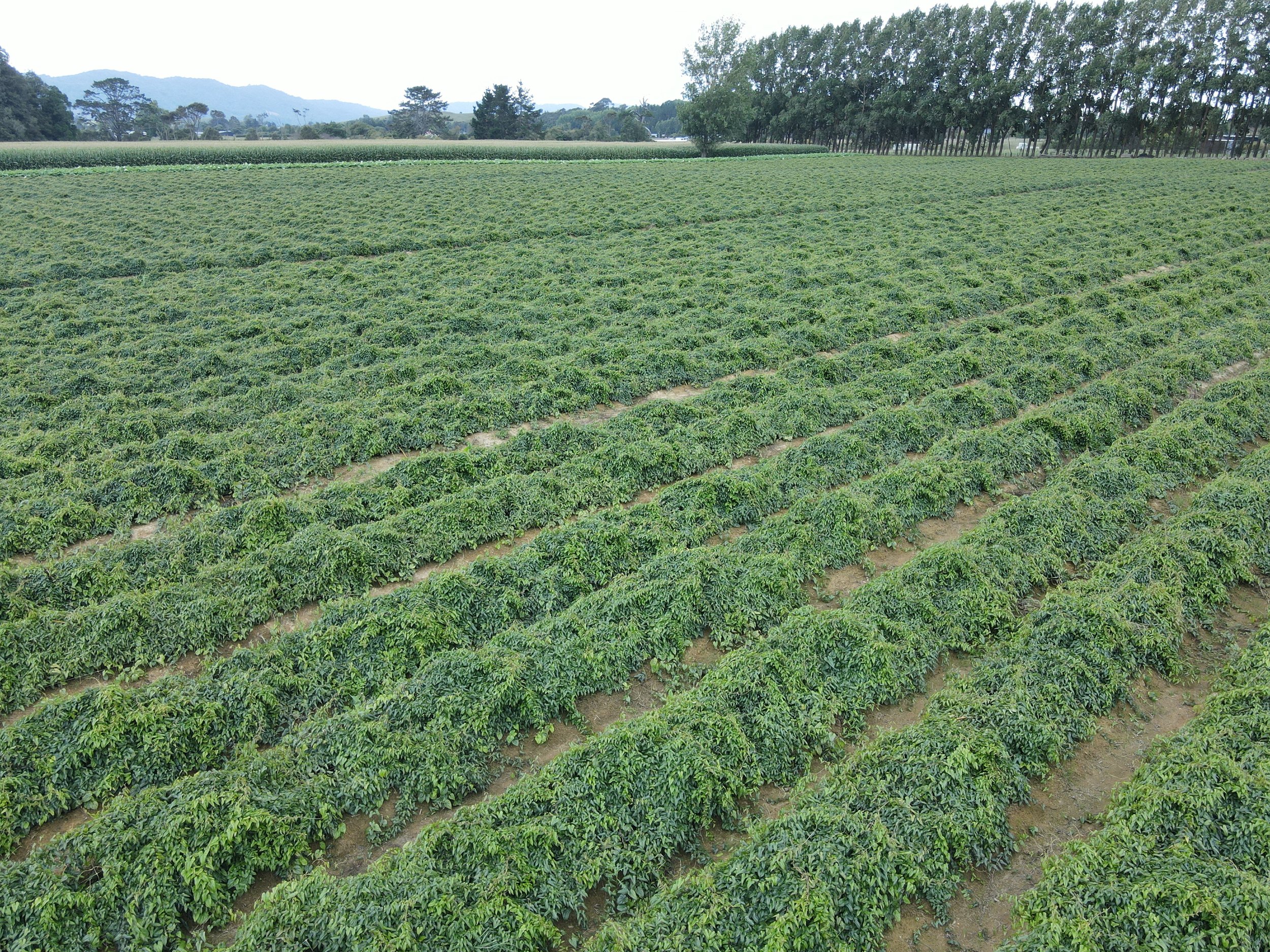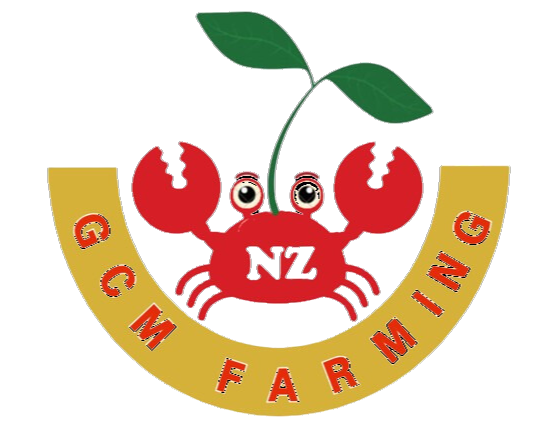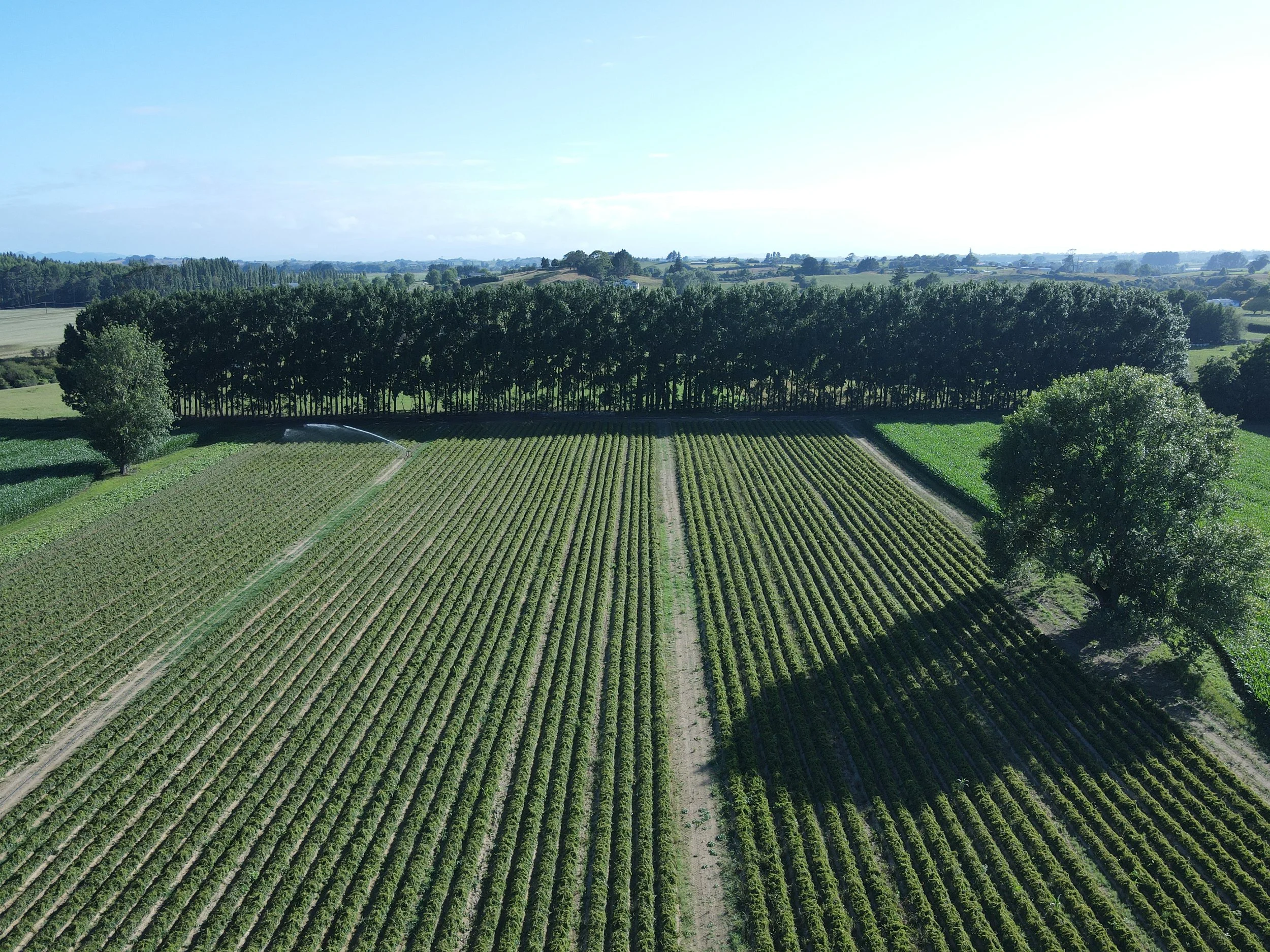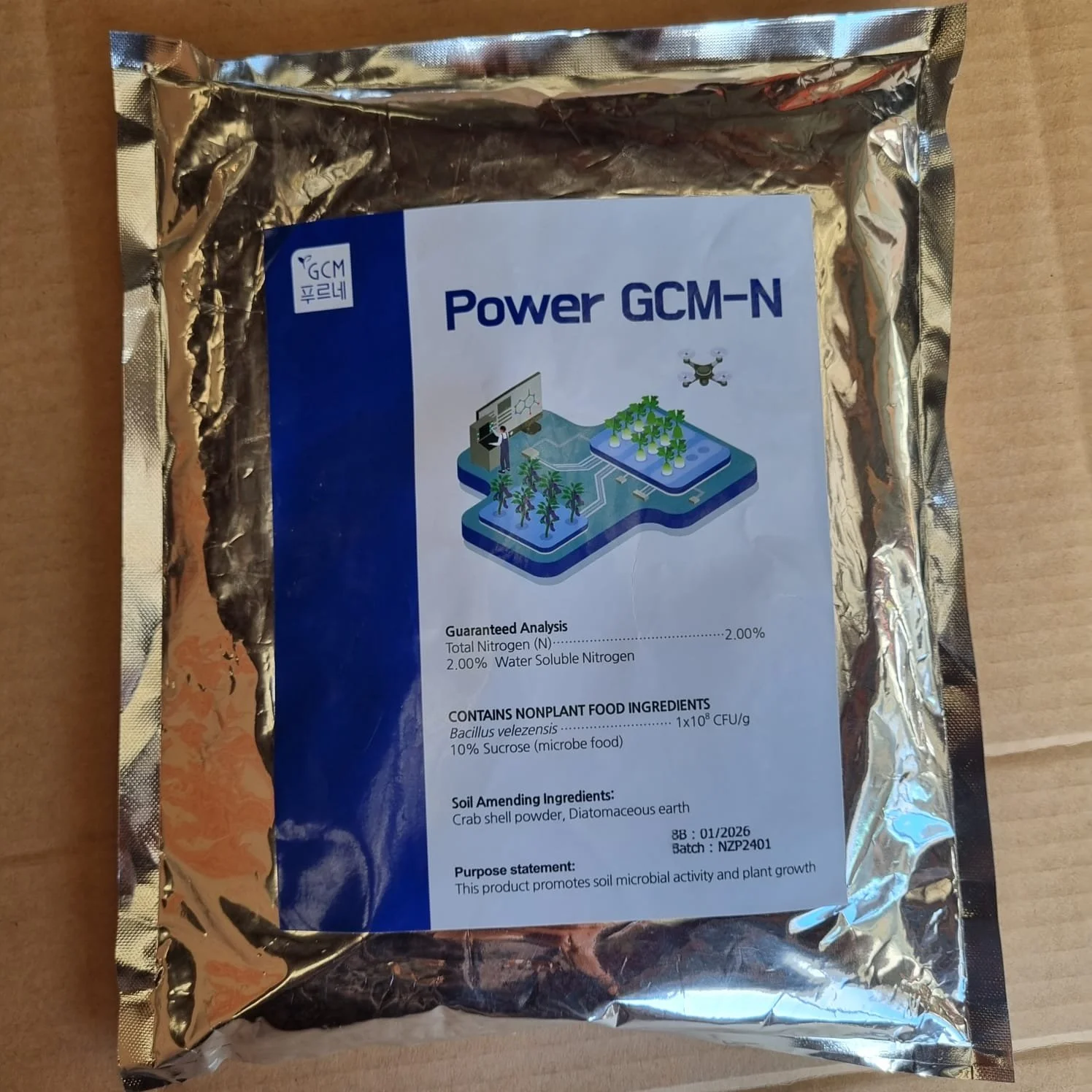
A New Farming Concept
What is GCM Farming?
GCM Farming introduces a revolutionary concept in environmentally-friendly agriculture. At the heart of our approach are Gelatinase and Chitinase producing Microorganisms (GCM), also known as Gelatin and Chitin degrading Microorganisms. GCM Farming utilizes these powerful microorganisms to enhance agricultural and horticultural practices.
Our mission is to boost high-quality crop production in an eco-friendly manner. By decomposing gelatin and chitin found in various pathogens, GCM helps to naturally control pests and diseases.
What is Gelatin? Gelatin is a protein derived from various sources, including fish, cowhide, pest larvae, and nematode egg sacs. Many agricultural pests contain gelatin, making it a critical target for decomposition in our farming method.
What is Chitin? Chitin is a robust biopolymer found in the exoskeletons of crustaceans such as crabs and shrimps, the cell walls of pathogenic fungi, and the shells of various pests. Targeting chitin allows us to effectively manage a range of agricultural challenges.
Our Approach
Pest and Disease Control: GCM Farming naturally controls insects and nematodes while effectively combating soil-borne and airborne fungal diseases. This approach minimizes the need for heavy chemical sprays, promoting a healthier and more sustainable agricultural environment.
Eco-Friendly Practices: By leveraging the natural decomposition capabilities of GCM, we ensure that our methods are safe for the environment, reducing reliance on harmful chemicals and promoting biodiversity.
GCM Farming is pioneering a new era of sustainable and environmentally-friendly agriculture in New Zealand. Together, we can cultivate healthier crops and a healthier environment.
Benefits of GCM-N
Increased Crop Yields:
Enhanced growth conditions and nutrient availability lead to higher productivity.
Improved Soil Health:
Sustainable practices improve soil structure and fertility over time.
Reduced Environmental Impact:
Lower reliance on chemical inputs reduces pollution and conserves biodiversity.
Resilience to Climate Change:
Diversified and sustainable practices help farms adapt to changing climate conditions.
Economic Benefits:
Potential for premium pricing of organic and sustainably produced products.


